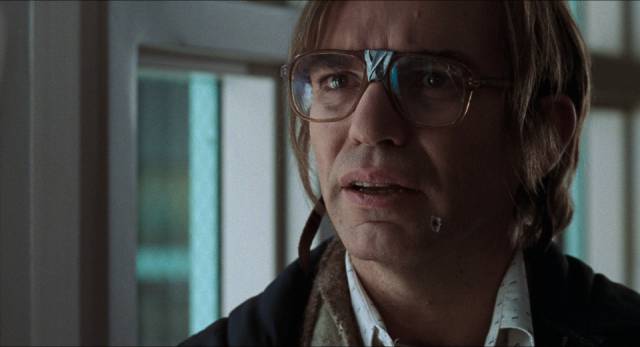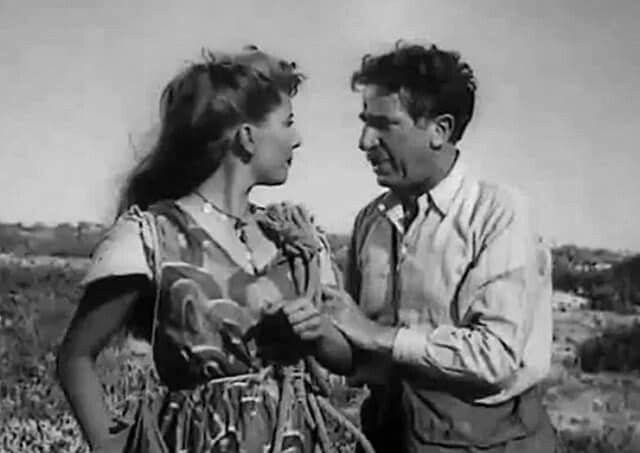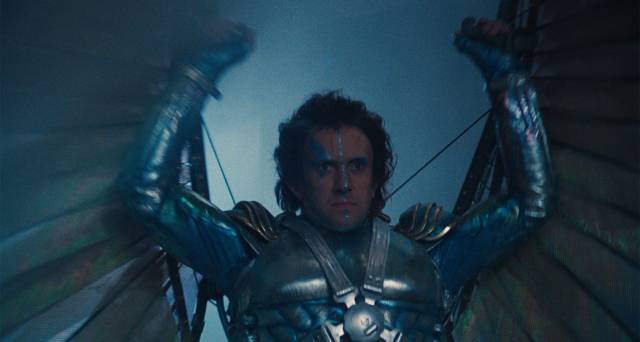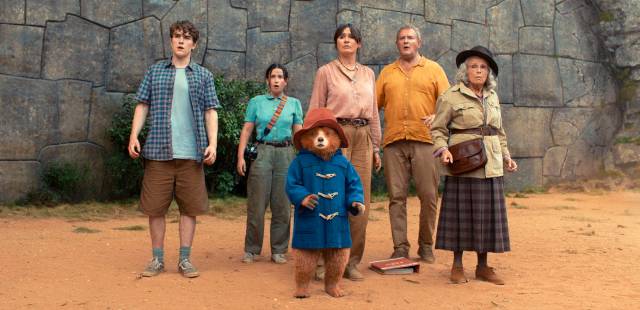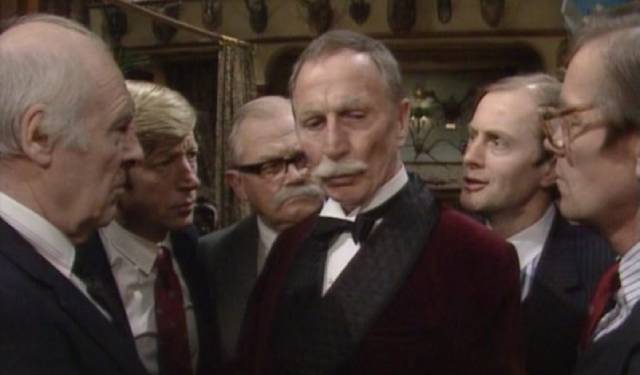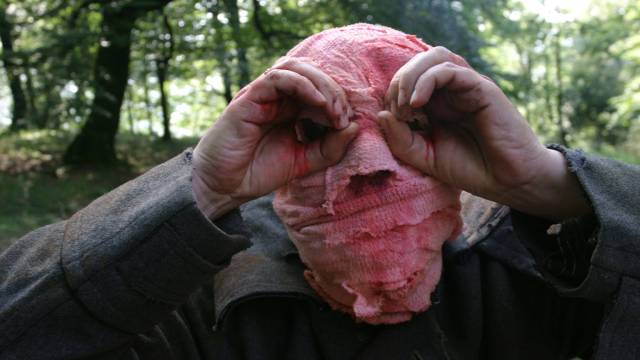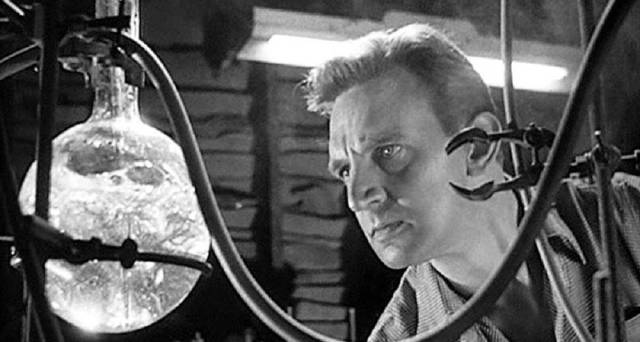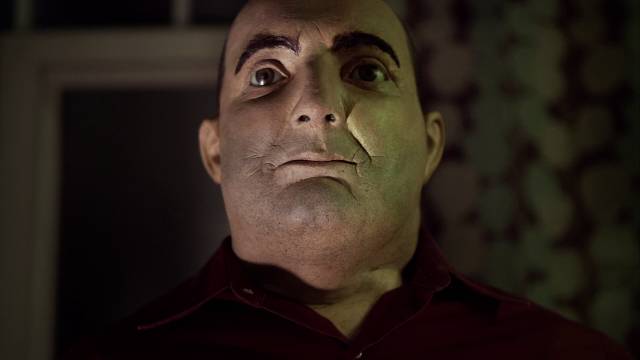
Another eclectic selection of movies I’ve watched in the past few months, ranging from a politically nuanced spaghetti western to spectacular action, lush anime, a big-screen travelogue, various horrors from low to relatively high-budget, a charming coming-of-age comedy, a nightmare with uncanny life-sized puppets, and a rediscovered vérité comedy from the late-’60s.
